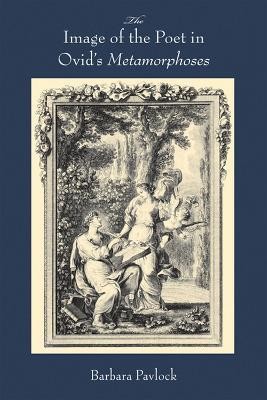The Image of the Poet in Ovid's Metamorphoses(English, Hardcover, Pavlock Barbara)
Quick Overview
Product Price Comparison
Barbara Pavlock unmasks major figures in Ovid's ""Metamorphoses"" as surrogates for his narrative persona, highlighting the conflicted revisionist nature of the ""Metamorphoses"". Although Ovid ostensibly validates traditional customs and institutions, instability is in fact a defining feature of both the core epic values and his own poetics. ""The Image of the Poet"" explores issues central to Ovid's poetics - the status of the image, the generation of plots, repetition, opposition between refined and inflated epic style, the reliability of the narrative voice, and the interrelation of rhetoric and poetry. The work explores the constructed author and complements recent criticism focusing on the reader in the text. Ovid's simultaneous play to and rebellion against epic tradition makes Narcissus both an idealized elegiac image through allusions to the poet's own mistress in the Amores and an elegiac poet fixated on his own image. Through Narcissus' demise, Ovid reflects the instability of visual images. In ""Orpheus' story of Venus and Adonis"", an undercurrent of desire in Venus' inset tale reveals a problematic self-involvement. The self-referential nature of Orpheus' song then raises questions about his reliability as narrator, a theme that culminates in Ulysses' contest with Ajax. Here Ovid undercuts heroic views about lineage and valor, but also highlights the many clever strategies by which Ulysses elevates himself over his rival, undermining Homer's ""Illiad"" and ""Odyssey"". Ovid questions the authority of the narrator but also provides the means for understanding the problems at the core of his epic. Thus, in his time and ours, the reader ultimately emerges better equipped to assess inherited traditions in literary, social, and political spheres.


